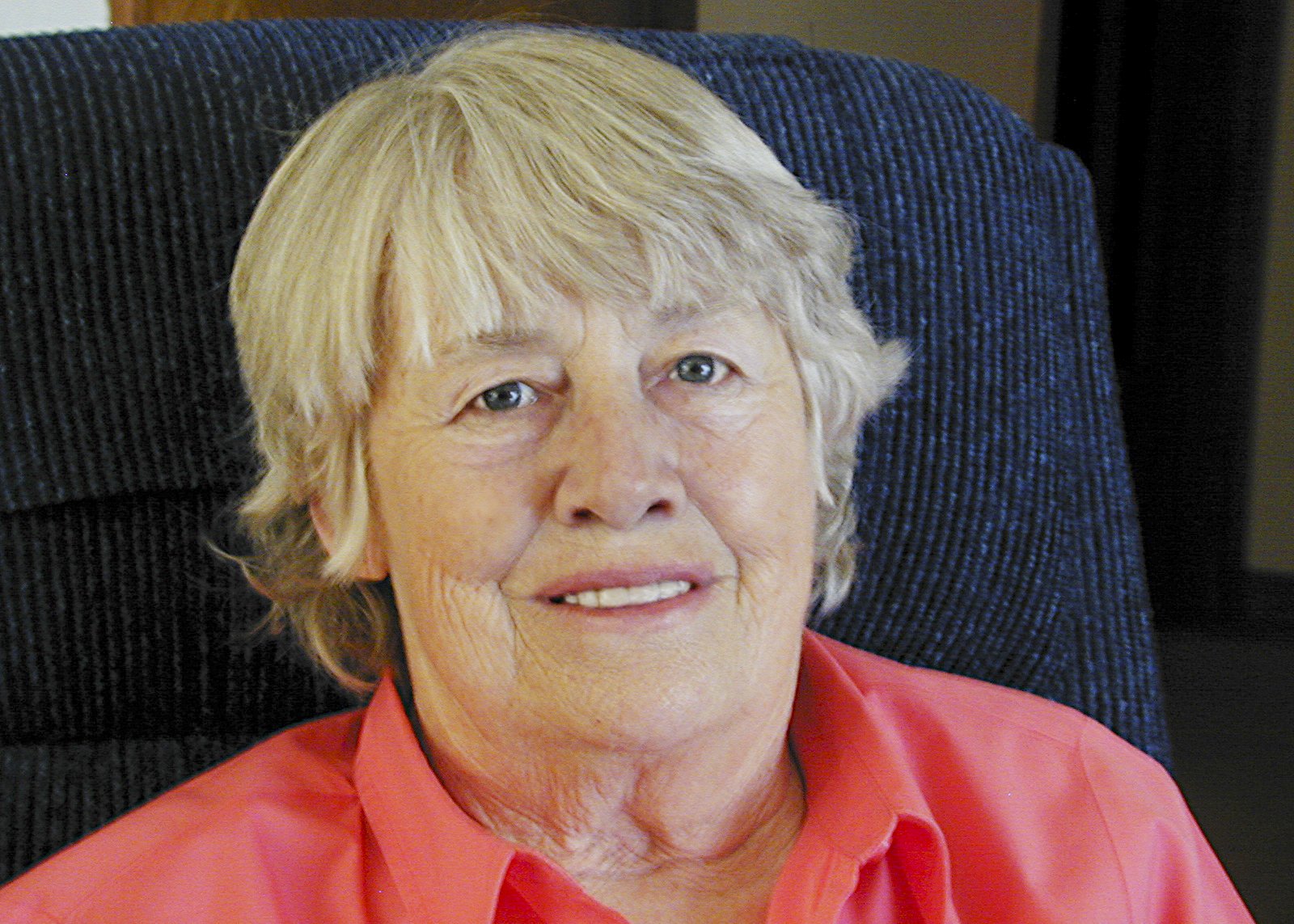
Alice Sommer Vermette, 2002
December 7, 1941 began as our Sunday mornings always did. We dressed and started out to church. When we arrived at church we took our places as we always did. The children sat in front of the altar, the adults in the pews that were in the middle and back of the church. When mass ended we walked outside. New people were arriving for the late mass. I noticed that the adults were beginning to gather in groups, my parents were among those who lingered a long time after mass had ended. People were speaking quietly, almost as though it was something that we were not to know. They seemed very somber. It was chilling to me as I realized that something was terribly wrong. Little did I know that the news “Pearl Harbor has been attacked” had just reached our community.
When we arrived at home, my dad said that he must explain to us what had happened. He said that our country was at war and that we would all be affected. My dad told us that many of our young men would be called to fight and in doing so, would lose their lives. He further stated that we would be called upon to make some sacrifices, that we must all do whatever necessary and not complain.
Many of the young men were either called or immediately enlisted in a branch of the Armed Forces. As soon as my brother Bernard reached 17 ½, he enlisted in the Marine Corp. We looked upon the fighting men as our heroes. As the war went on we began to hear of local families receiving the dreaded telegram that a loved one was wither missing or killed in action. Our neighbor’s son was one of these. A hand grenade was thrown into the trench occupied by him and two other soldiers. More countries were entering the war on both sides.
Rations began… sugar, gasoline, shoes, nylons, and some meat were rationed. Coupon books were issued, this was accepted without complaint.
We lived in a rural community where farming was a way of life. There was not electric to our homes. Our way of getting news of the war was by reading twice-read newspapers, a wireless radio that only my dad could use,(its power was limited) and word of mouth. Gabriel Heater (news commentator) became a very important man in our lives. My dad listened intently to every work from him about the war movement.
New factories sprang up to make items needed in the war. Many women worked these factories along with some of the men who were left at home. Iron and scrap metal became scarce commodities. These items were needed to make tanks, etc. We were asked to donate any and all scrap metal we could find. I remember walking our fields for hours at a time trying to find something that we could donate. Perhaps the rains had washed something useful in the branch that ran thru our property, we searched it often hoping to find something useful.
As the war lengthened, there was a shortage of nurses. Many had left the hospitals where they worked to join the Armed Forces. The army needed them. My dad would allow only one lamp to burn in our house. He did this for a precautionary measure as well as to save fuel for the war effort.
Women would gather at homes or church halls to make bandages from clean cloths should they be needed. Although I was in my early teens, I can remember how people united in a common desire to end and win the war.
Finally, the peace treaty was signed. Many lives had been lost on both sides. Hardships had been suffered all over the world. But now the war was over!! We had, with the help of our allies, repulsed the enemy. America was jubilant. We believed that we had fought and won the war to end all wars – World War II.
